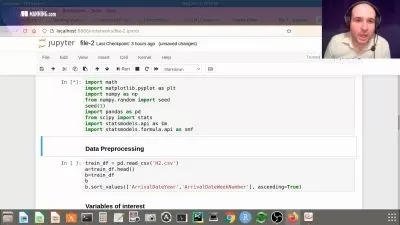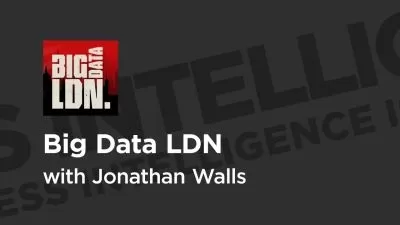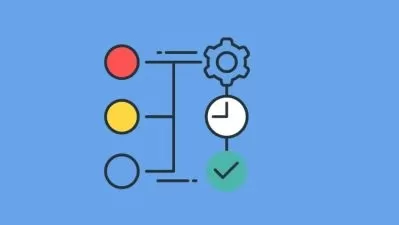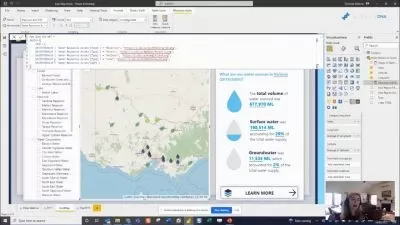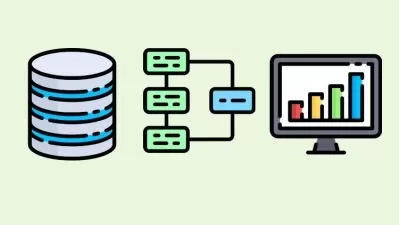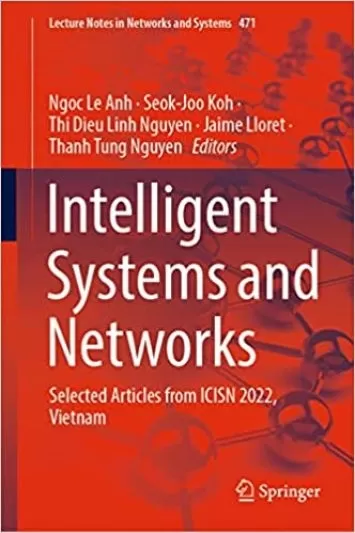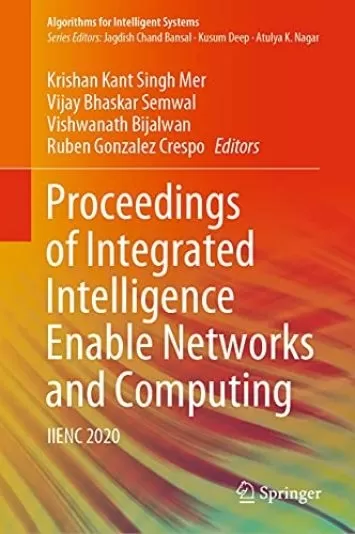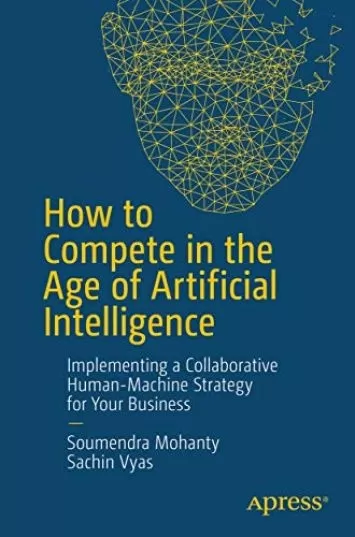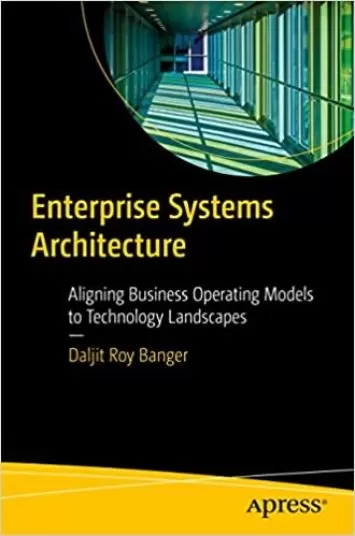About Business IntelligenceLearn More
Business intelligence is all about running a business strategically. BI couples software for data mining and analysis with applications for organizing production tasks like financial reporting. The result is smarter business plans that assess both historical data and current market trends in order to drive sales.
Sort by:
Sorting
The newest
Most visited
Course time
Subtitle
Filtering
Courses
Subtitle

Linkedin Learning


Ryan Spence
Amazon Web Services: Exploring Business Solutions 1:36:58
English subtitles
12/05/2023
Subtitle
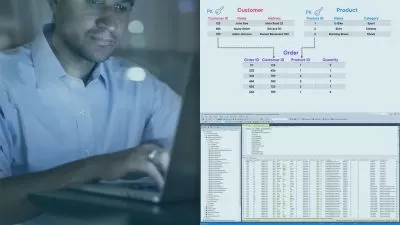
Pluralsight


Nikola Ilic
Data Modeling, Querying, and Reporting for Business Intelligence 2:30:07
English subtitles
11/22/2023
Subtitle
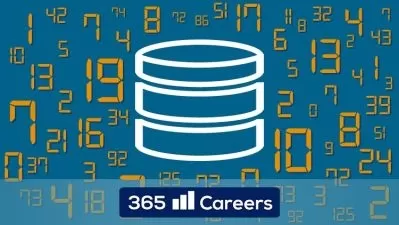
Udemy


365 Careers
SQL - MySQL for Data Analytics and Business Intelligence 11:14:34
English subtitles
09/11/2023
Subtitle

Linkedin Learning


Dave Birss
ChatGPT Prompts for Small Businesses 1:08:54
English subtitles
09/05/2023
Subtitle
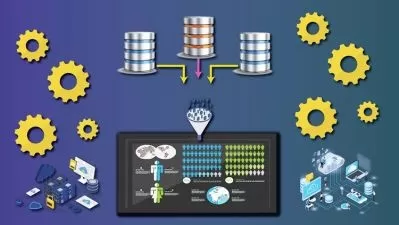
Udemy


Elearning Moocs
CRISP-ML(Q) - Business Understanding and Data Understanding 4:03:03
English subtitles
07/22/2023
Subtitle

Linkedin Learning


Thea Polancic
Building Creative Organizations 1:03:20
English subtitles
07/19/2023
Subtitle
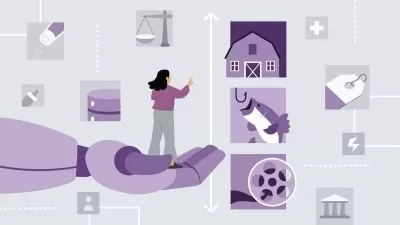
Linkedin Learning


Anil Gupta and Haiyan Wang
Artificial Intelligence Case Studies in Different Business Industries 59:33
English subtitles
07/19/2023
Subtitle
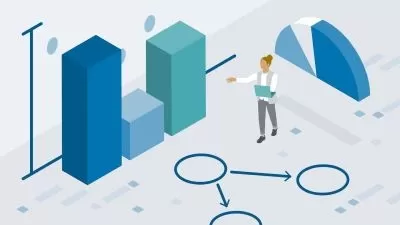
Linkedin Learning


Barton Poulson
Actionable Insights and Business Data in Practice 1:34:53
English subtitles
07/19/2023
Books
Frequently asked questions about Business Intelligence
Business Intelligence (BI) combines software that analyzes and mines data with applications for organizing specific production tasks like financial reporting. That results in a more intelligent business model that assesses current market trends and historical data to run your business strategically, driving up sales. To be successful, BI requires a wide range of knowledge, from database and data analysis software like Excel PowerPivot and MySQL to the basics of planning the life cycles of BI projects. Udemy has a host of top-rated courses to help you make calculated business decisions faster.
Business Intelligence (BI) tools make it easier to gather, assess, analyze, and visualize data in ways we can process it and use it. Some of the commonly used BI tools include Board, Domo, Dundas BI, Microsoft Power BI, MicroStrategy, Oracle Analytics Cloud, Qlik, SAS, Sisense, Tableau, Tableau CRM, and Tibco. Each has its own intended function or use and specific benefits. BI tools bring relevant data to one place and access or unlock more truthful analytics, allowing users to automate tasks, save money, and leverage predictions and forecasts.
You may choose a career as A Business Intelligence (BI) Analyst in a wide range of sectors, like the automobile, entertainment, or health industries. These sectors rely on BI to maintain an advantage over their competitors and improve their business practices. You can choose a purely technical role and keep your primary focus on programming and collecting data insights. Or you could choose a more human-oriented position and build communication skills to explain the data insights to management and other decision-makers. To excel in either role, you will need to be well-versed in Data Preparation and Mining, Data Visualization and Reporting, Statistical and Descriptive Analysis, and Business Knowledge.





